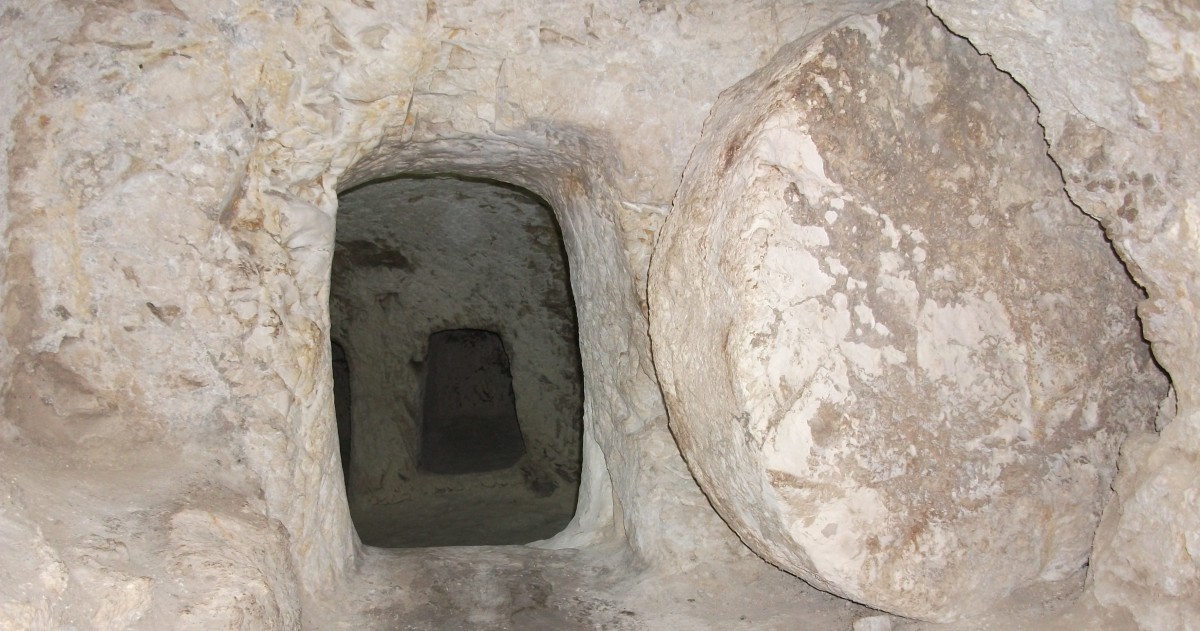As part of my safeguarding training, I was asked to watch the BBC documentary of this name concerning the crimes of the late Bishop Peter Ball, and then write a reflection. Here are my thoughts:
My immediate reaction as I started to watch the documentary was how long ago Peter Ball committed his crimes – although he was suspended as Bishop of Gloucester only a couple of years before I began to go through the discernment process in that diocese. But that is precisely the point. Even though the abuse is historic in nature, it has taken all this time for the full extent of the abuse, and the systemic corruption which facilitated it, to come to light. And we can never forget that abuse perpetrated all that time ago continues to profoundly affect victims and their families throughout their lives. At around the same time I was watching, the independent review of Michael Hall concluded its finding into his ministry at Tylers Green up until he retired in 2000 – again it has taken over twenty years for the full extent of his deeds to be exposed, and as in Peter Ball’s case, there has all too tragically been a suicide as a result of his actions.
I have never experienced abuse. As someone who went to a public school and was Oxbridge educated, I was only ever on the extreme outer fringe of circles of those who knew and were affected by the actions of Jonathan Fletcher and John Smyth. I had neither the background or the personality ever to attract attention, and I definitely did not follow the standard path towards ordination. In my early years of ministry I very much felt as an outsider and resented that fact. But as time has gone on, I have valued more and more pastoring in a place that is of no interest to the establishment and serving the marginalised and the vulnerable.
It has been something I have observed from my own experience that abuse only flourishes because directly or indirectly others allow that behaviour, or fail to challenge it as a deviation from the norm. What for me most stood out from the programme was not necessary the deeds of Peter Ball but the culture of the Church of England that seems to be more anxious to protect and to silence than to promote a healthy atmosphere of disclosure and transparency. As the programme itself has noted, significant changes have happened. Since I was ordained in 1999, there has been a huge development in promoting safeguarding, and training and educating those who are called to be pastors to the flock.
Even so, there are still cultural issues that still need addressing and, from all I heard and read of the last session of General Synod, these issues are very much ones that need tackling. Whatever the rights and wrongs of the particular case, victims of abuse have expressed much unease that the Independent Safeguarding Board has been disbanded, and this raises questions of what independence from the Archbishop’s Council looks like. The whole discussion about the proposed Prayers of Love and Faith led to much questioning of the role of bishops behind the process and what constitutes a proper use of authority. I suspect these questions will not go away unless – and I am not sure this is realistic – there is a profound cultural shift that recognises the dangers as the privileges of establishment, and a humble reimagining of how power and influence should be used for the sake of the gospel.
As I watched, I could not help reflecting how the gospel reading for the coming Sunday was Jesus’ parable of the wheat and the tares in Matthew 13:24-43. It is not for us to decide who are the wheat and who are the tares – the Lord alone knows who are His. But it is up to us to do all we can to build a kingdom which is genuinely a safe and loving place for the broken, the outcast, and even the abused. And that will sometimes involve standing up and telling truths others will not want to hear, or will try to suppress.
Perhaps that is why after the parables of the kingdom comes the stories of Jesus’ rejection of Nazareth, and John the Baptist’s imprisonment and subsequent beheading. If any good came out of the Peter Ball documentary, it was from those who dared to speak out and those who, despite the opposition, dared to believe their stories. That the process took so long is a deep source of shame, and I can only hope that the measures now put it place may help to prevent such deep-rooted corruption and abuse ever occurring again.
